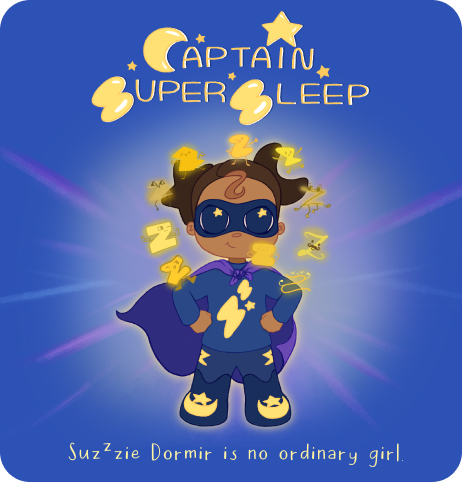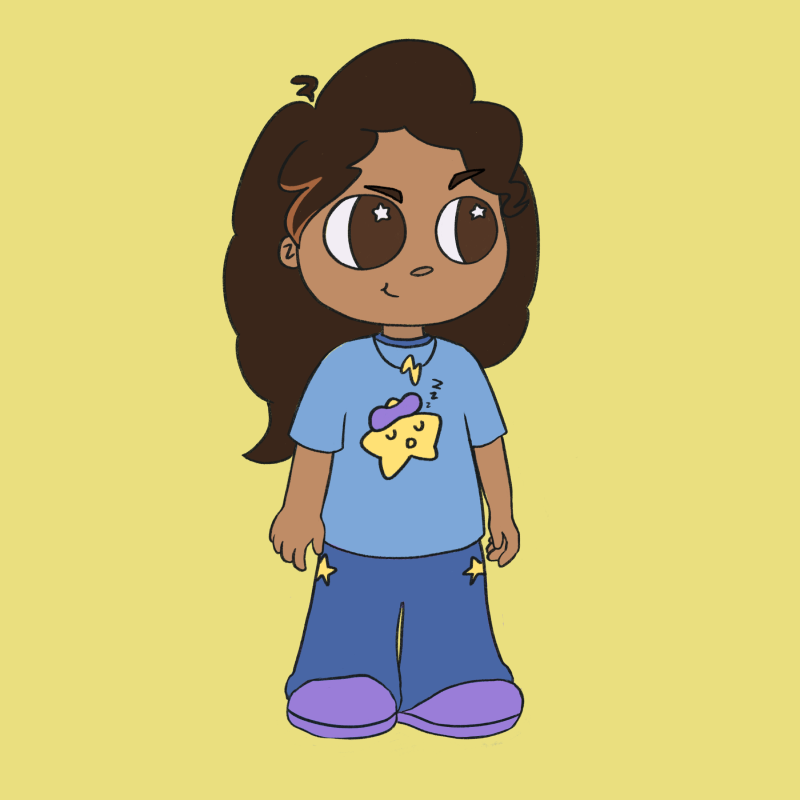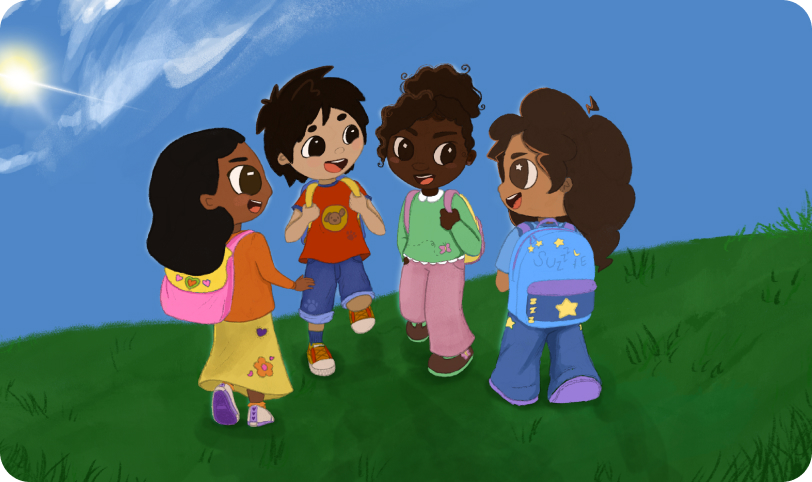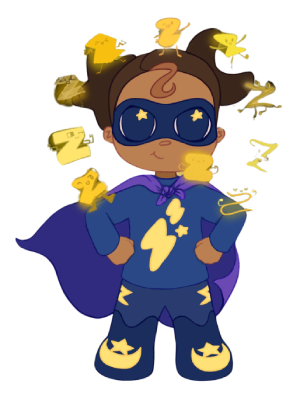
As a parent, you want to give your child the best possible start in life. Not only is sleep a critical element in your child’s cognitive and physical development, it is also central to your own well-being, empathy, and patience as their parent. What if I told you that something as simple as the words you use every day with your baby can play a hugely significant role in shaping their worldview, values, emotional well-being, and sleep habits? As a language acquisition and motivation researcher, I’ve always been fascinated by how much babies absorb from the world, even before they can speak. My new book, Captain Super Sleep, combines the magic of storytelling with the science of language learning, creating a fun, engaging bedtime story that helps your baby learn the importance of a good night’s sleep—while you’re reading together.
Decades of robust research have shown that the language we use and the books we read with our children in those first few years of life are not only vital for language acquisition and learning to speak, but also for building empathy, understanding social norms, and developing their lifelong views on things like sleep or nutrition. Essentially… if we continuously tell them about the importance of sleep, if we model good sleep habits ourselves, and if we read stories to them where sleep is seen as a source of power, then this will become part of their deeply held belief system… and so, the Captain Super Sleep book series was born!


A superhero story grounded in research around developing healthy sleep habits:
- Language shapes worldviews: A study by Gunderson et al. in Child Development shows that the words and praise used with infants shape their mindset, worldview, and behaviors from a very young age.
- Babies learn best through interaction: Dr. Patricia Kuhl’s research shows that babies acquire language and learn social cues most effectively through direct, face-to-face interaction with caregivers.
- Reading fiction builds empathy: Research by Princeton psychologist Diana Tamir found that reading fiction helps readers develop empathy, making them more willing to help others.
Reading before bed improves sleep quality: Studies conducted by the University of Sussex and AAP found that children who engage in bedtime reading have better sleep quality, longer sleep duration, and reduced nighttime awakenings compared to those who use screens before bed.

The Importance of Words in Shaping Worldviews
Research consistently shows that the language we use with our children profoundly affects how they see themselves and the world. A 2013 study by Gunderson et al. in the Child Development academic journal emphasizes the impact of parental praise, revealing that infants as young as a few months old internalize the words they hear, which shapes their mindset and worldview. This means that positive, empowering language and stories about gaining strength from sleeping well will be internalised by the child and subconsciously lead to placing value on good sleep habits.
Dr. Patricia Kuhl’s work supports this idea, showing that babies learn best through direct, face-to-face interaction with their caregivers. Reading together is not only a bonding experience but also a critical moment for your child’s brain to absorb language, understand emotions, and make sense of social cues. This interactive experience is far more effective than passive forms of learning, such as videos or audio recordings.
Reading Fiction Builds Empathy and Emotional Skills
But the power of words goes beyond just learning language. Research summaries published by the BBC Futures team in 2019 highlight how the University of Princeton Social Neuroscience Lab, led by psychologist Diana Tamir, has demonstrated that reading fictional stories can make us better people by enhancing empathy and emotional understanding. Various empirical studies have shown that people who read fictional stories have more empathy and are more willing to help others. When you read a story like Captain Super Sleep with your child, where the protagonist values sleep as a source of power, your kiddo isn’t just learning about sleep—they’re also engaging in a narrative that teaches them about emotions, self-care, and even empathy. Stories give children the chance to see the world from different perspectives, helping them develop critical social skills as they grow.
In fact, a study published in Psychological Science shows that reading fiction increases empathy by allowing readers to step into the shoes of characters. This early exposure to empathy-building narratives through books like Captain Super Sleep can have lasting effects on your child’s ability to understand others and build strong social relationships.


How Reading Together Improves Sleep
Reading Captain Super Sleep at bedtime does more than foster language and empathy—it helps your child sleep better too. Studies by the University of Sussex and the American Academy of Pediatrics (AAP) have shown that bedtime reading, as opposed to screen time, improves sleep quality by lengthening sleep duration and reducing nighttime awakenings. Additionally, the emotional security that comes from interacting with caregivers through shared reading routines is critical for better, more restful sleep.
When you sit down to read Captain Super Sleep, you’re doing much more than sharing a bedtime story. You’re shaping your child’s worldview, teaching them the value of sleep, and fostering empathy—all through the power of words. The stories we tell our children, especially when told with love and interaction, have the power to impact their development in profound and lasting ways. Backed by research, Captain Super Sleep is here to help you create bedtime routines that are not only fun and nurturing but also scientifically proven to support your child’s growth and well-being.
References:
- Gunderson et al. (2013) – Study on Parental Praise
Child Development - Patricia Kuhl’s Research on Infant Language Learning
University of Washington News - BBC Study on Reading Fiction and Empathy – Diana Tamir, Princeton University
BBC Future - Psychological Science Study on Empathy through Reading
Psychological Science - University of Sussex Study on Sleep and Reading
Sleep Advances - American Academy of Pediatrics (AAP) – Study on Bedtime Reading and Sleep
AAP Pediatrics
